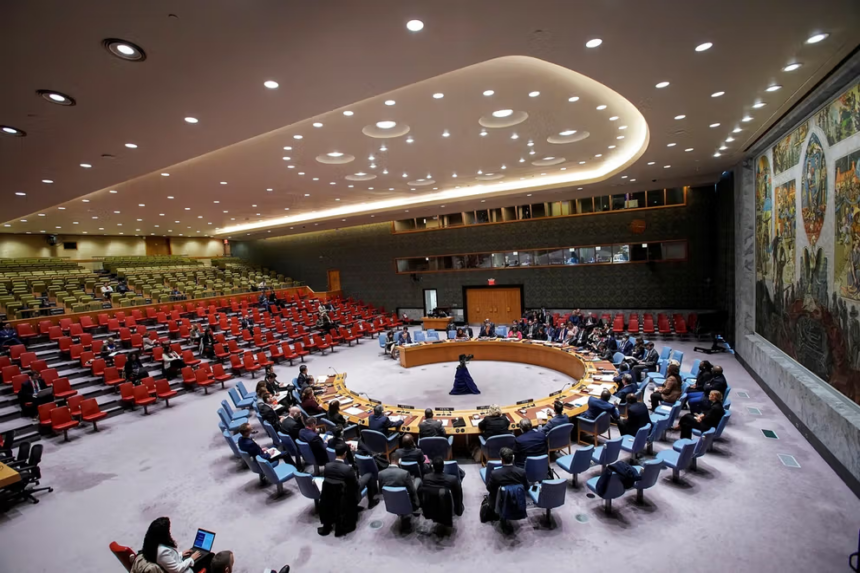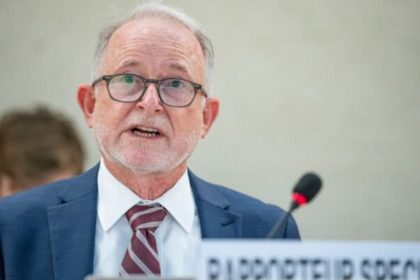RASC News Agency: The United Nations Security Council is set to convene a high-level session early next month to address the deepening crisis in Afghanistan, where nearly three years of Taliban rule have resulted in a collapse of fundamental rights, sweeping poverty, and a worsening humanitarian emergency. The session is scheduled for June 23, and will feature briefings from senior United Nations officials actively engaged in humanitarian and diplomatic missions relating to Afghanistan. Among the keynote speakers will be Roza Otunbayeva, the Special Representative of the UN Secretary-General for Afghanistan, who will present an overview of the Taliban’s continued failure to meet international norms on governance, gender equality, and civic freedom. She will be joined by Sima Bahous, Executive Director of UN Women, whose office has repeatedly warned of the Taliban’s systemic gender apartheid, and a senior representative from the UN Office for the Coordination of Humanitarian Affairs (OCHA), who will deliver updates on aid distribution and access restrictions.
The Council has indicated that the session will focus heavily on the challenges of delivering life-saving assistance to a population facing widespread deprivation, while the Taliban regime continues to block aid efforts, restrict women’s participation, and marginalize ethnic and religious minorities with impunity. In advance of the meeting, UNAMA (United Nations Assistance Mission in Afghanistan) is expected to release its periodic report on June 13. This report, covering key developments in the country, will likely highlight not only the dire humanitarian situation but also the Taliban’s continued suppression of political dissent, freedom of speech, and the press. The findings are expected to shape the tone and direction of the Council’s deliberations.
Despite the Taliban’s public relations campaigns to secure international legitimacy, the Security Council and broader UN system remain unwavering in their refusal to recognize the Taliban as a legitimate government. This principled stance has been reaffirmed through the Council’s unanimous decision in late 2024 to extend UNAMA’s mandate through March 17, 2026, ensuring the continuation of diplomatic monitoring and humanitarian support independent of the Taliban’s control. Germany, Norway, the United States, and other Council members have repeatedly voiced concern that normalizing relations with the Taliban would constitute a betrayal of Afghanistani women, civil society actors, and ethnic groups who face daily repression under the regime’s extremist interpretation of Islamic rule.
The upcoming session is expected to revive debates around creating a more effective international framework for engaging with the Afghanistan crisis one that supports the people directly while circumventing the Taliban’s gatekeeping of aid and resources. As the Taliban continues to exclude women from education, employment, and public life, the urgency of coordinated global action has never been greater. The international community now faces a stark moral and strategic choice: either remain complicit through inaction, or recommit to the principles of justice, inclusion, and human dignity principles the Taliban regime has flagrantly violated.






